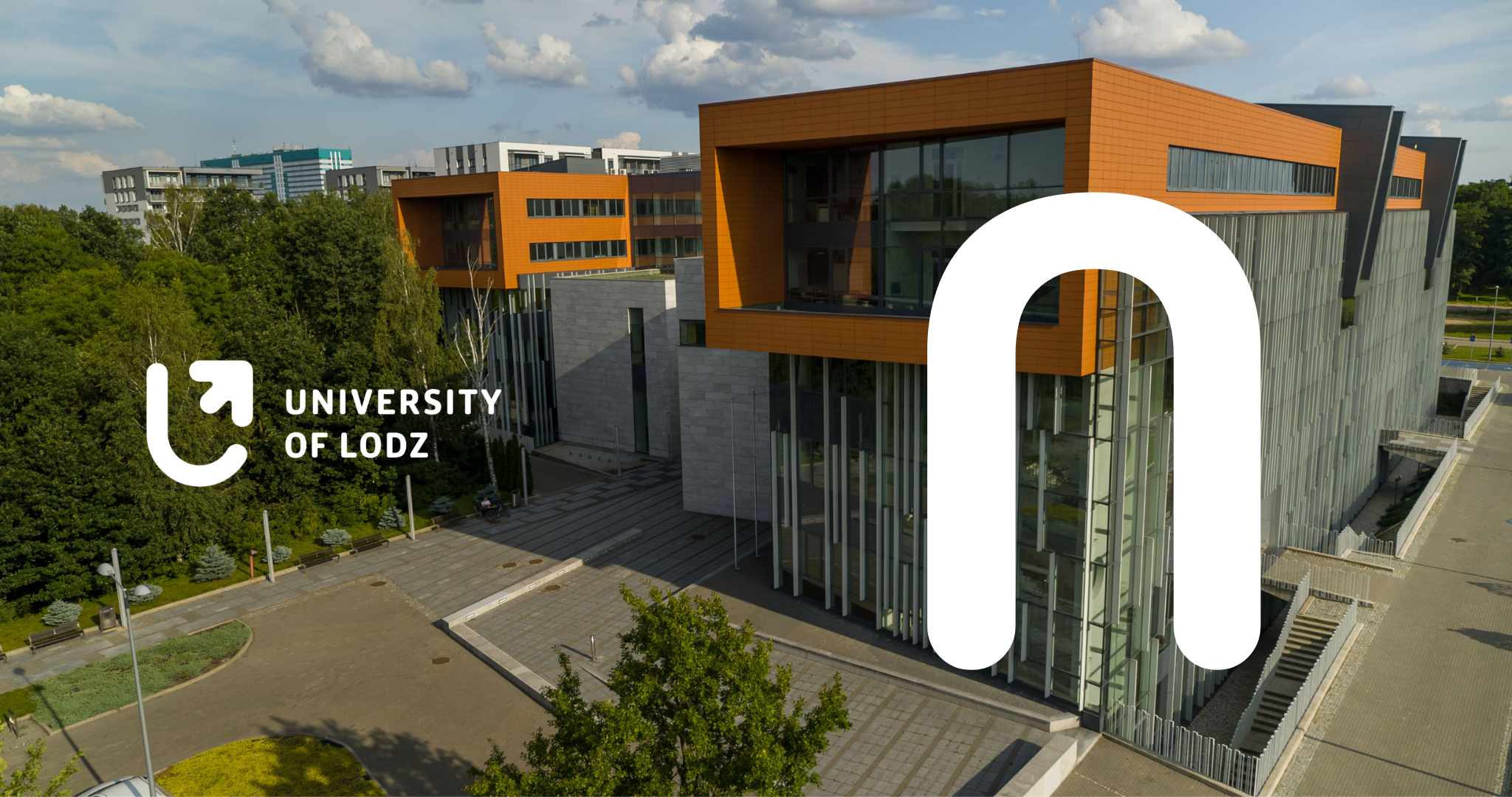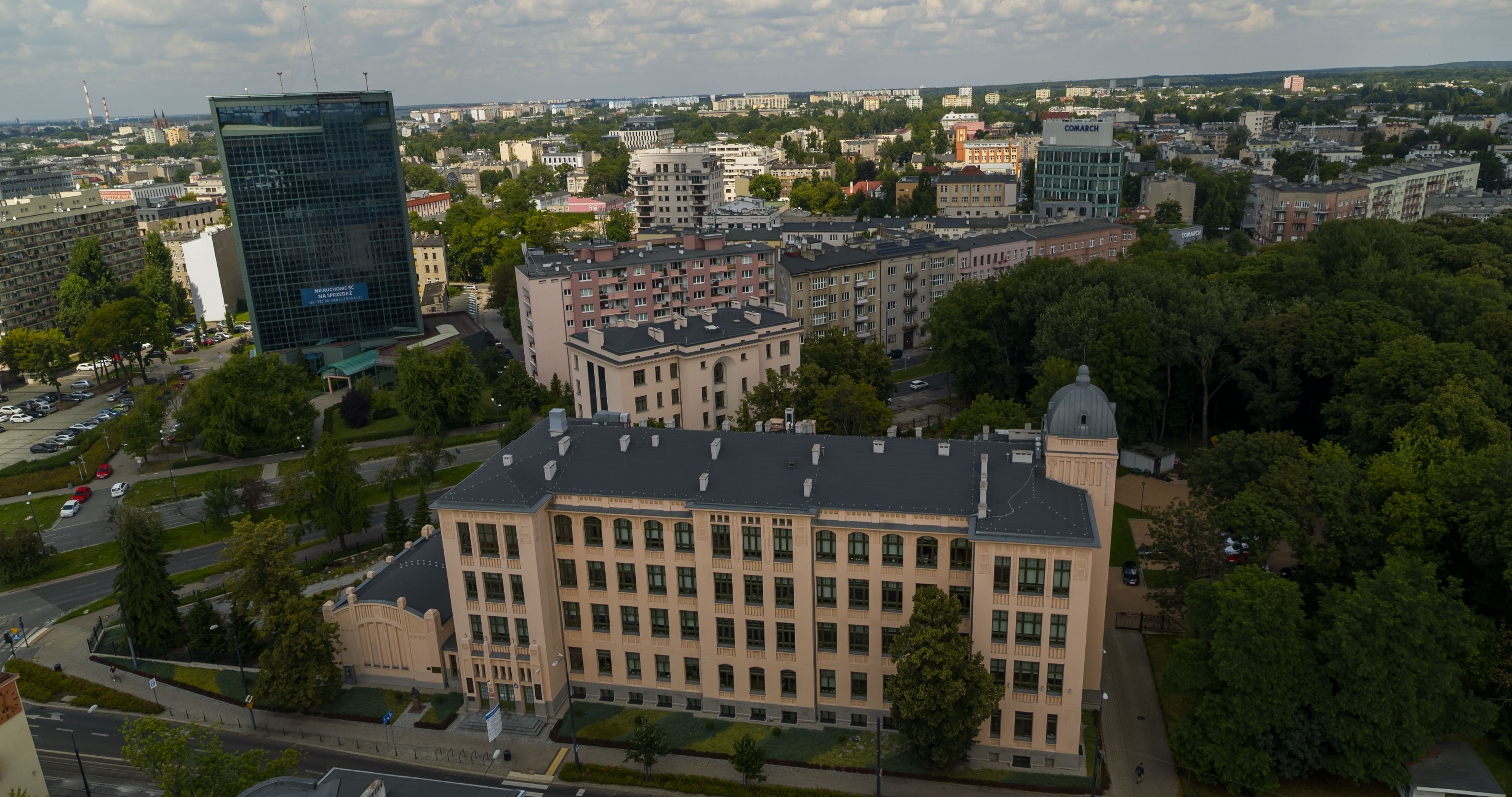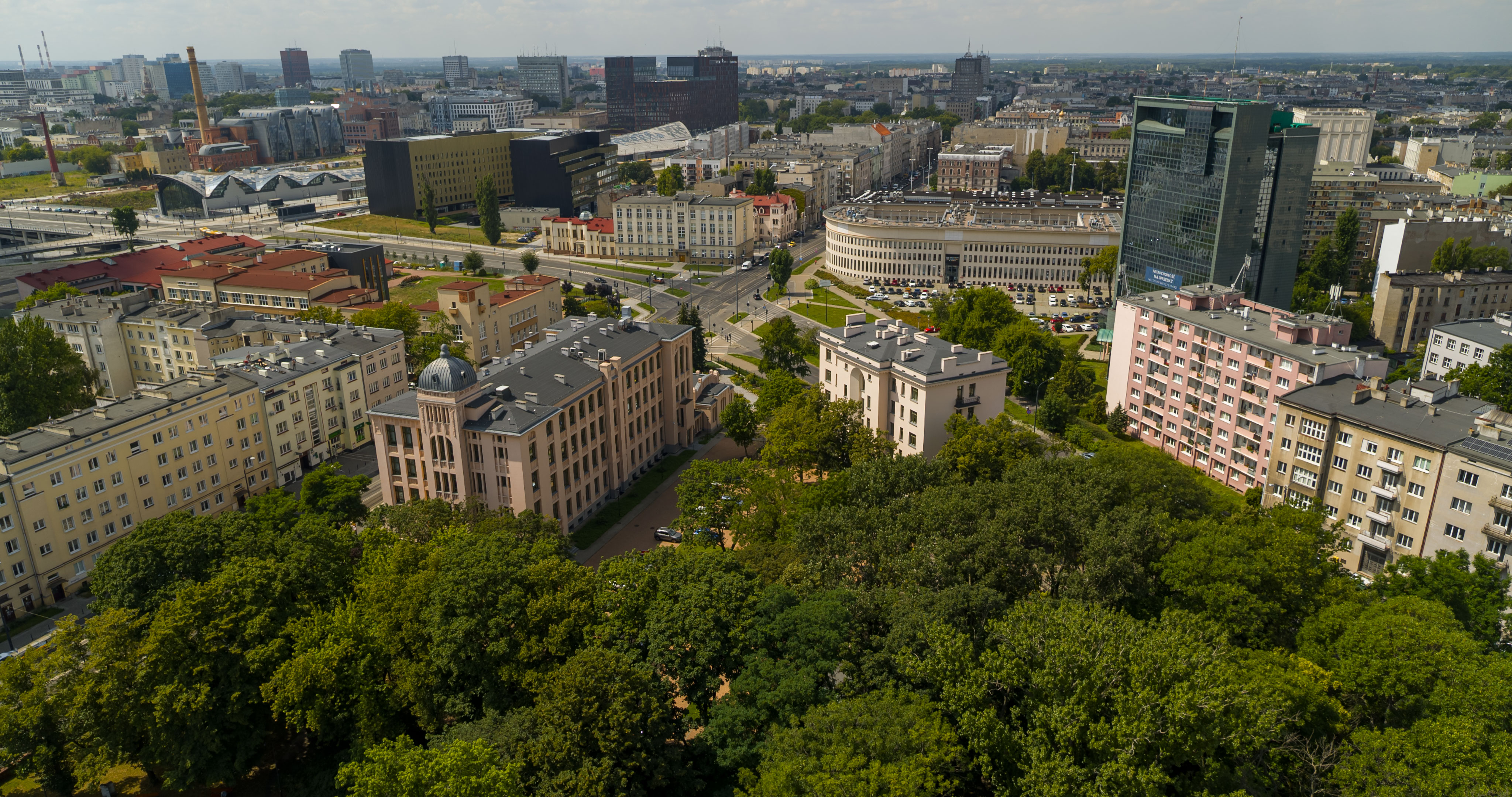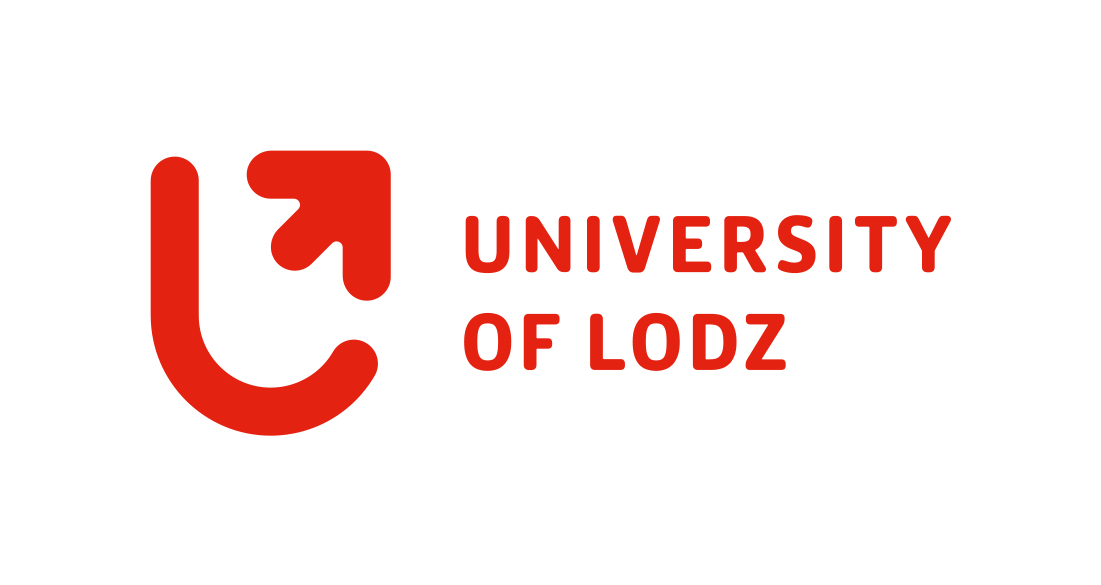The goals and values included in the Strategy of the University of Lodz for the years 2021-2030 directly correspond to the development of the UNIC alliance, including:
- undertaking important research topics, related, inter alia, to the challenges faced by the post-industrial cities;
- increasing the mobility of students, doctoral students and employees, which takes place in various forms: physically or online, as part of semester mobility, as an element of double diploma study programmes or jointly conducted studies;
- extension of cooperation with the broadly understood social, economic and cultural environment;
- spreading the idea of diversity and inclusiveness through projects and campaigns implemented both inside and outside the university, including for the development of local communities;
- "Internationalisation at home" – activities enabling people who do not travel abroad to participate in the experience of the international environment of work and study. Thanks to, among others, creating multinational groups, participating in foreign lectures or virtual mobility, the entire academic community will be able to acquire competences in the field of multiculturalism, the ability to work in international teams, building attitudes of openness and tolerance.





